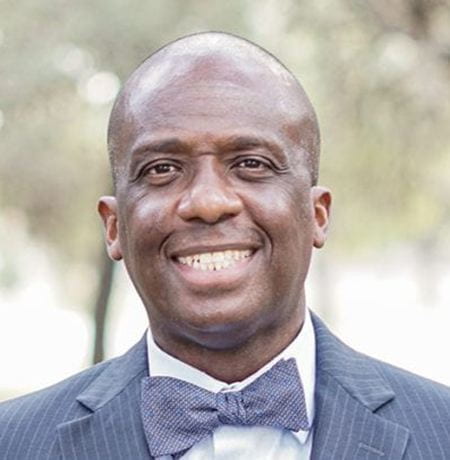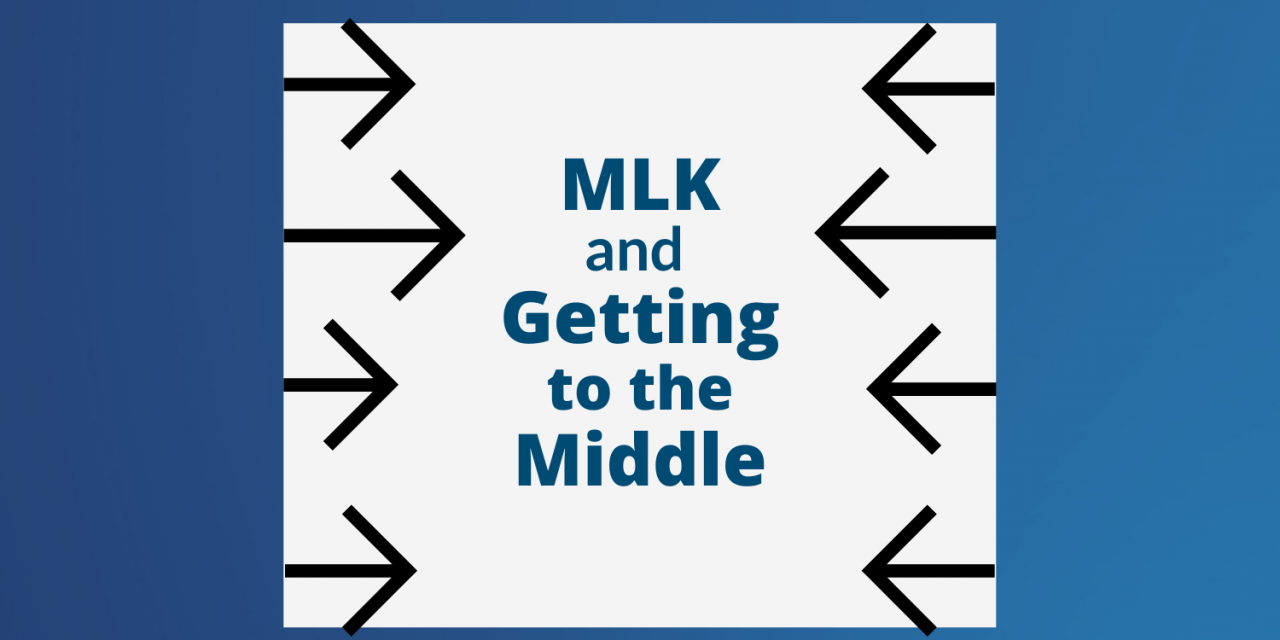“Each of you, as an individual, must pick your own goals. Listen to others, but do not become a blind follower.” These are the words of the late Supreme Court Justice Thurgood Marshall, a contemporary of Dr. Martin Luther King (MLK). As we observe MLK Day in 2022, I find Justice Marshall’s words more salient now than they were when he was alive. In 2022, the need for diversity of thought and dialectical thinking will be of cardinal importance as we continue to move towards educational equity. How do we enhance student outcomes and educator efficacy in a way that represents the essence of Justice Marshall’s words? We can start by recognizing the value and promise of getting to the middle on the issue of educational equity, for it is in the middle where our common goals and aspirations for all of our students reside. The middle is also the place where we can model for those coming after us what it means to find the connective tissue that binds us; this is where we honor Dr. King’s legacy.
During Dr. King’s time as a civil rights leader, he sought to bring people along as opposed to casting them aside. This was not always easy. Dr. King was criticized on the one hand for being too radical and, on the other, for being too accommodating. Irrespective of the criticism, he continued to bring people together as he knew that this was and continues to be the only way for human beings to resolve our issues. We cannot fashion solutions that purport to support all when we only engage those who align with our views. Instead, let us exhibit the courage to have a conversation with those with whom we are challenged to find agreement. We should be willing to listen and learn about another person’s perspective without feeling that to do so makes us traitors to our own core beliefs. As we seek to achieve an educational system that is more responsive to the needs of all students, we must engage all voices to accomplish this.
When I consider the world as Dr. King saw it in his last days in 1968, much has changed to be proud of as a nation. We have moved past legally segregated schooling, and the nation as a whole is open to people of color in ways that Dr. King could never have imagined. There is so much to be proud of, but we recognize that the goal of educational equity is still not fully realized. We still have performance gaps between different student groups, and some schools are struggling with the full inclusion of every student every day. With this being the case, now is the time to redouble our efforts so that all of our students can benefit from the greatness of our country. I have often said that creating a more just and equitable community depends on achieving educational equity, for it closes not only material gaps; but also gaps in perception. I think that James Baldwin captures the latter beautifully when he said, “You think your pain and your heartbreak are unprecedented in the history of the world, but then you read. It was books that taught me that the things that tormented me most were the very things that connected me with all the people who were alive, who had ever been alive.”
Let us make 2022 the year we focus on achieving educational equity!

DeWayne Street
Chief Equity Officer

